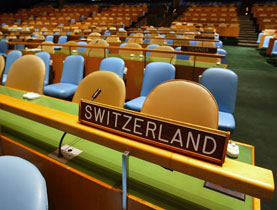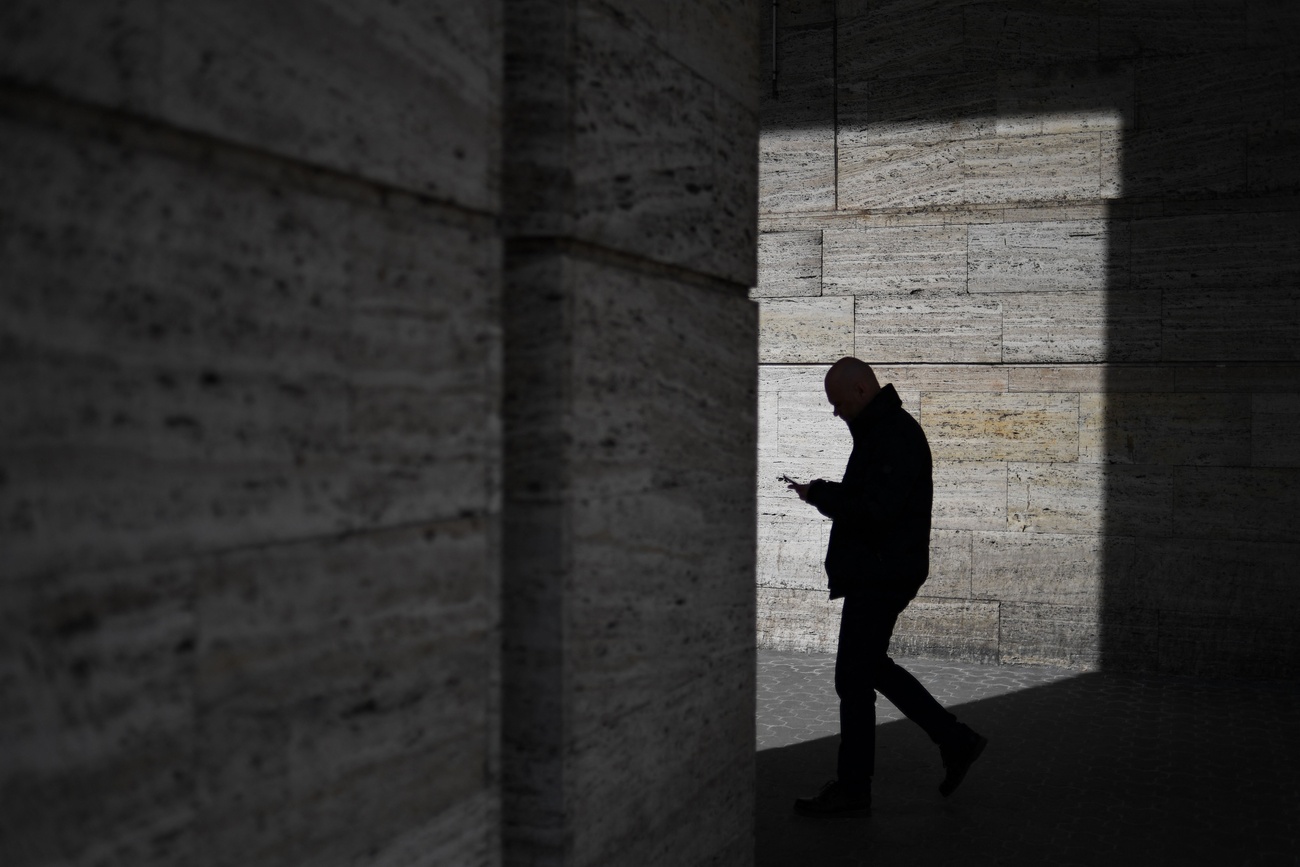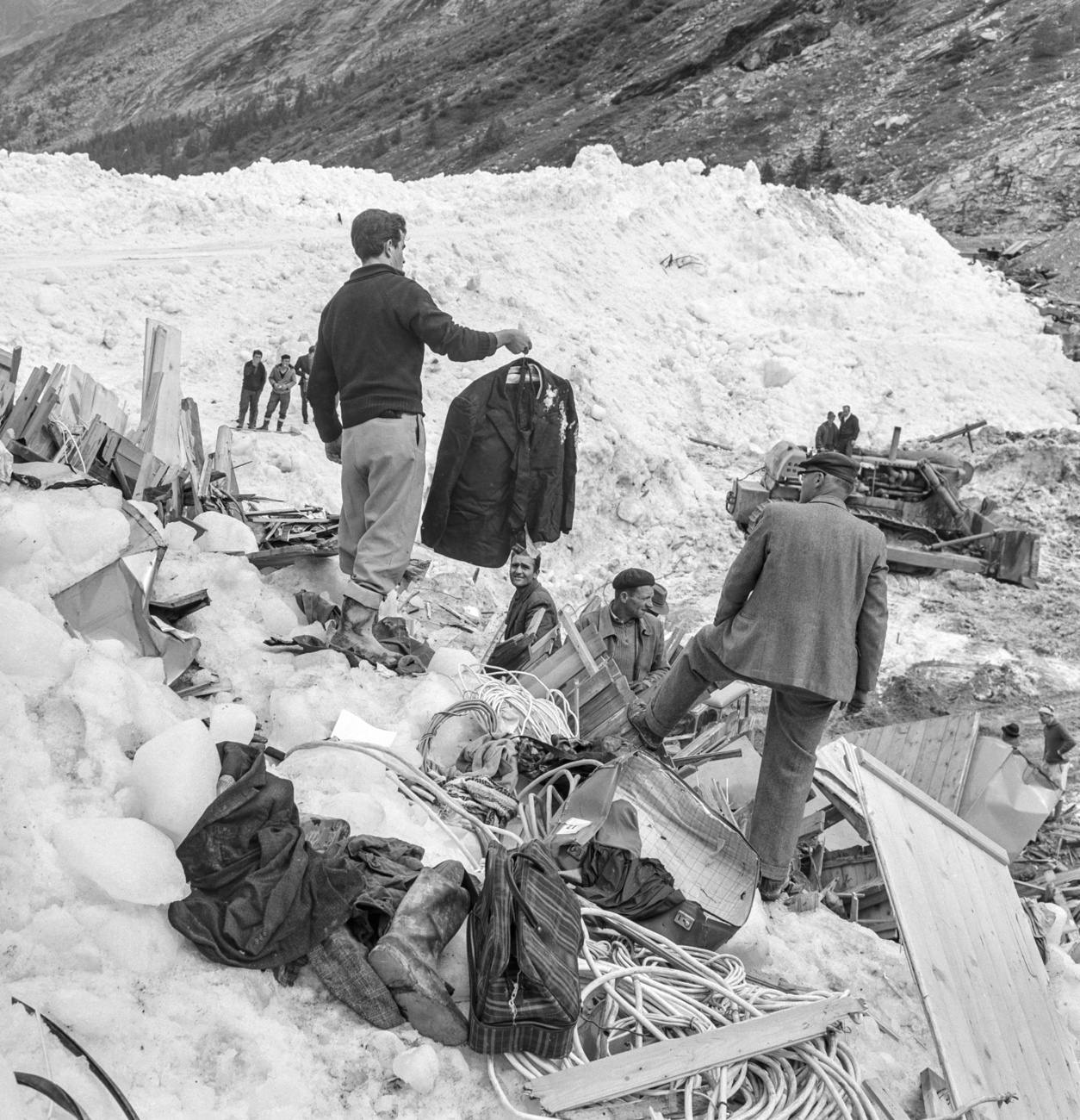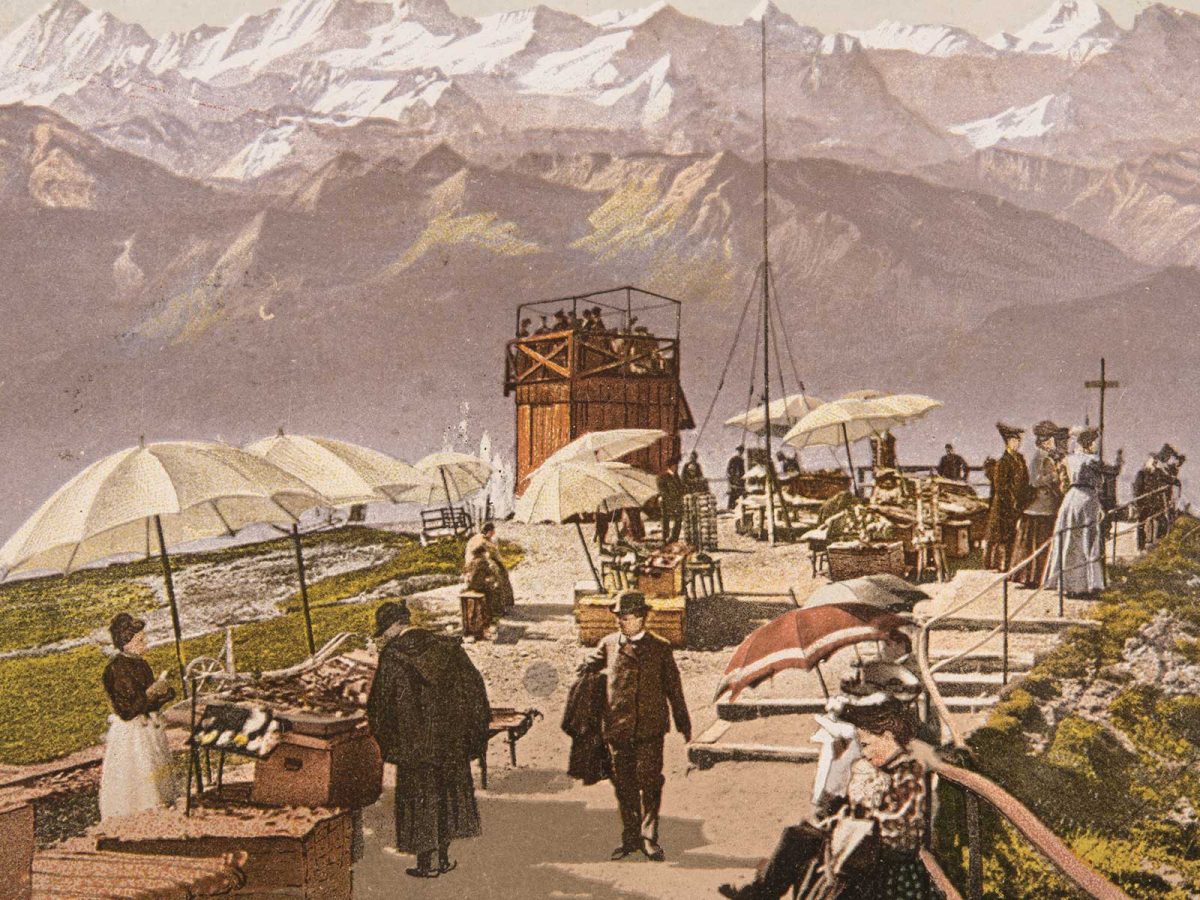
Moving towards the UN in slow motion

Switzerland finally joined the United Nations in 2002. The country took a long time to warm to the idea, with three-quarters of voters rejecting membership in 1986.
This reluctance despite the fact that the European headquarters of the UN is located in Geneva, along with a host of UN special agencies.
When, on March 3, 2002, the Swiss were again called upon to vote on joining the world body, the decision turned out to be quite close. Just 55 per cent were in favour of joining. But it was still a significant change in direction compared with the referendum on the issue in 1986.
After the successful referendum in 2002, the government submitted an official membership application to the UN General-Secretary. On September 10, 2002, the UN General Assembly in New York accepted Switzerland as the 190th member state. This left the Vatican as the only state outside the United Nations.
When the UN was founded in 1945, the Swiss government ruled out membership. It saw the organisation as incompatible with neutrality. For other neutral states, including Sweden and Austria, their neutrality was not a barrier to taking part.
But non-membership did not prevent Switzerland from having dealings with numerous UN organisations. As a non-member Switzerland also signed up to many accords and treaties, for example the UN pact on economic, social and cultural rights.
Peace missions
Switzerland has enjoyed observer status in the main organs of the UN since 1948. And the Swiss have been involved in many different ways in the work of UN organisations. Swiss army personnel even monitored the ceasefire between North and South Korea, by order of the UN.
Swiss nationals have served in Egypt, Congo and Namibia as UN military observers. The peacekeeping force of the Swiss Army in Kosovo, validated by the UN Security Council, arrived three years before Switzerland joined the UN.
As a full member of the United Nations, Switzerland is deepening its involvement and has developed additional activities. Among the focuses is the development of international law.
The UN headquarters in Geneva has been boosted with the location of the Human Rights Council there, securing Geneva’s position as the second most important UN location after the HQ in New York.
A slow-burner
The debate over joining the UN began to gain some momentum in Switzerland towards the end of the 1960s. The government presented its first UN report in 1969. In was put on record that the disadvantages of non-membership were increasing. But the report concluded that it was too soon to join.
In a second report two years later the government stuck to the position that there were no grounds for seeking membership.
It was not until 1977 that the government adopted membership as an aspiration. In 1981 the government first put the proposal to parliament for Switzerland to become a member of the UN. But the people and the cantons were not ready to follow the government. At the ballot box on March 16, 1986 they clearly rejected the initiative. The most important argument put forward by the anti-UN camp was the perceived damage to traditional Swiss neutrality. There was also the fear that Swiss soldiers could get involved in military conflicts.
Better late than never
In the years following the overwhelming no vote, things remained quiet on the UN-membership front. It was only in the mid-1990s that politicians took up the cause again. The government held back at first to allow negotiations for bilateral agreements with the EU to progress. It was considered prudent to tackle one sensitive foreign policy issue at a time.
In 1998 the government presented its fourth UN report. In this report membership was declared as a “strategic goal”, towards which Switzerland should strive as soon as politically possible. In the 2002 referendum on UN membership the government, along with both chambers of parliament, made it clear that it recommended the acceptance of the initiative.
Switzerland became the 190th member of the UN in 2002.
A nationwide referendum was needed to join the world body and some 55 per cent voted in favour.
Opponents of UN membership argued that it would endanger traditional Swiss neutrality.
Prior to joining the UN, Switzerland fully participated in the activities of the specialised agencies and organisations for decades.
The European UN headquarters is based in Geneva.

In compliance with the JTI standards
More: SWI swissinfo.ch certified by the Journalism Trust Initiative




































You can find an overview of ongoing debates with our journalists here . Please join us!
If you want to start a conversation about a topic raised in this article or want to report factual errors, email us at english@swissinfo.ch.